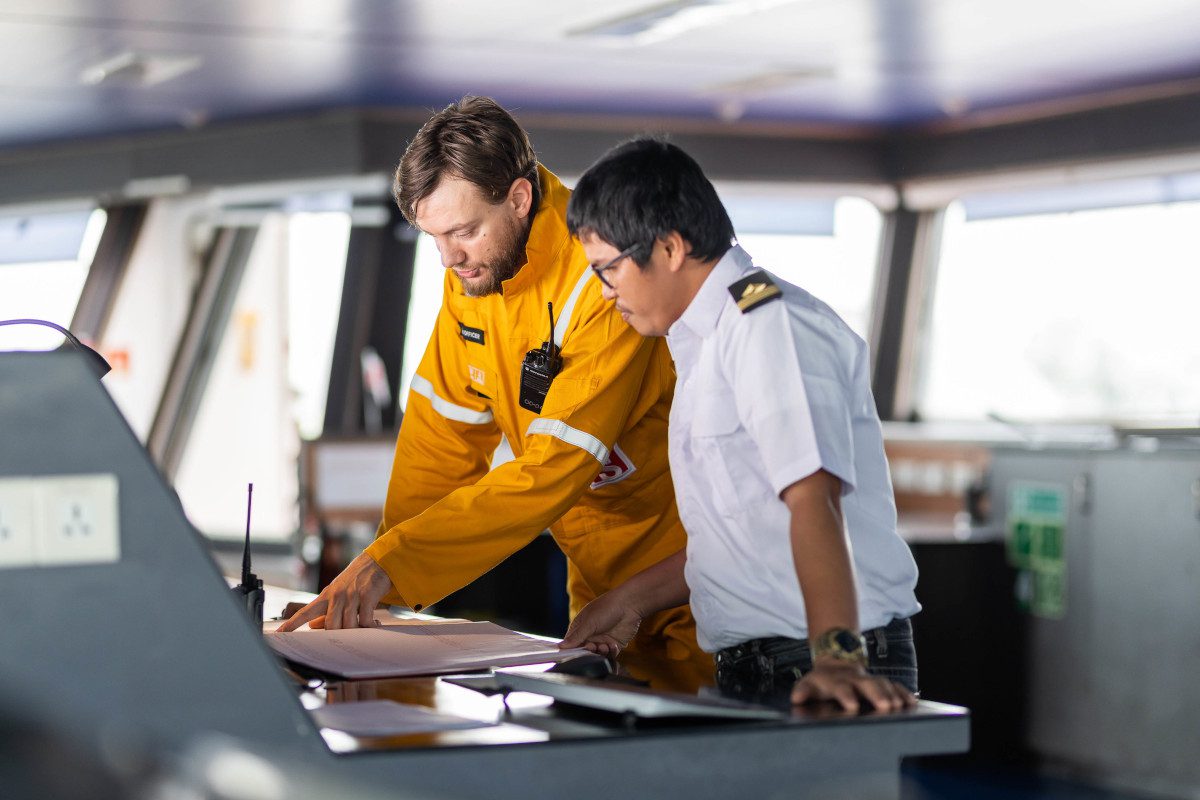
Behavioural change startup Signol launched a seemingly first-of-its kind project with Stolt Tankers on 11 September, aiming to further reduce shipping emissions by using IoT data to help seafarers understand the impact of their actions on overall fuel consumption and CO2 emissions and motivate them to adopt new behaviours.
By combining sensor data with behavioural change techniques, Stolt Tankers is pioneering a human-centered, tech-enabled approach to improving fuel efficiency and reduce shipping’s environmental impact.
The six-month pilot project will run on seven vessels, using Signol’s data-led service to engage seafarers and motivate them to reduce fuel consumption.

Five of the vessels use continuous monitoring (IoT) data through sensors connected directly into the ship’s power management and automation systems, providing a comprehensive and real-time view of what the crew experiences onboard.
Monitoring data will be used to create fair, achievable behavioural goals linked to three actions carried out on the ships: main and auxiliary engine performance and trim optimisation.
By using real-time IoT data as opposed to static snapshots of a ship’s status (e.g. noon reports), Stolt Tankers and Signol can enable crew and shoreside teams to make more proactive and immediate decisions, leading to improved operational efficiency, reduced fuel consumption, and enhanced safety.
IoT data includes a wider range of data points than noon reports and so provides better insights on the factors affecting whether or not crew members can implement emissions-reducing behaviours.
This depth of insights will help seafarers understand the impact of their actions on overall fuel consumption and CO2 emissions, and provide tools that the Stolt Tankers management team can use to encourage and highlight their crew’s sustainability efforts.
Harriet Johnson, Head of Maritime at Signol said: “Seafarers are frequently making high-consequence decisions with multiple priorities to consider. Their role needs to be recognised, and the complexities involved in each of these decisions must not only be respected but also aided in a sustainable and positive manner.”
Stolt Tankers’ partnership with Signol supports its continuous improvement programme and sustainability ambition to become a carbon-neutral business by 2050.
Maren Schroeder, Managing Director of Stolt Tankers, said: “For every goal achieved through the system we commit to planting three mangrove saplings at the Stolt Tankers Mangrove Forest in the JBLFMU Ecological Park, the Philippines. Not only will this initiative help us to reach our sustainability ambitions, but it also helps to protect the local ecosystem close to where many of our crews call home.”








